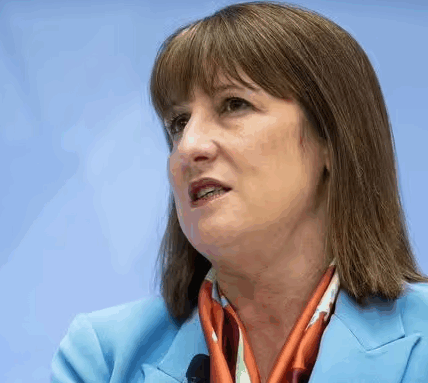A new 47% Income Tax rate has been announced by Labour – but the costs could pass on to people who rent.

Households will pay extra tax if they have savings or property income (Image: Getty)
A new, increased rate of Income Tax is set to be paid by people with extra income from 2027, replacing the 20%, 40% and 45% brackets with new, higher amounts.
One of the key announcements in Chancellor Rachel Reeves’ Autumn Budget on Wednesday centred around a new Income Tax rule specifically for people with extra property or savings income, such as landlords.
There had been speculation that Ms Reeves may introduce National Insurance tax on property income, which could have seen either a 6% tax (the rate paid by self employed people) or an 8% tax (the current rate for PAYE income). Instead, from April 2027, those with property income will pay a new, higher rate of Income Tax on their rental property equivalent to an extra two percentage points on Income Tax.
The Chancellor said in her speech: “Currently, a landlord with an income of £25,000 will pay nearly £1,200 less in tax than their tenant with the same salary because no National Insurance is charged on property, dividend or savings income.
“It’s not fair that the tax system treats different types of income so differently and so I will increase the basic and higher rate of tax on property, savings and dividend income by 2 percentage points and the additional rate of tax on property and savings income by 2 percentage points.”
For those with property or savings income, the basic rate will be increased from its current 20% to 22%, the higher rate will raise from 40% to 42% and the top rate will go from 45% to 47%.
For someone with £10,000 of taxable rental income (after any allowable deductions), the rate of income tax would increase from £2,000 to £2,200, or £4,000 to £4,200, or for the top rate, £4,500 to £4,700.
The money is a tax on rental income but will likely be passed down to tenants in the form of increased rents to cover it, and could also push rents higher if it forces more landlords to sell up.
The Office for Budget Responsibility leaked the plan before the Budget speech was delivered on Wednesday. In it, it said: “The measures announced in this Budget reduce returns to private landlords, following various measures over the past 10 years that have also reduced returns.
“This successive eroding of private landlord returns will likely reduce the supply of rental property over the longer run.
“This risks a steady long-term rise in rents if demand outstrips supply.”
After the announcements, the National Residential Landlords Association’s chief executive Ben Beadle said: “Despite claims of tackling cost of living pressures, the Government is pursuing a policy that the Office Budget Responsibility (OBR) has made clear will drive up rents.
“Almost one million new homes to rent are needed by 2031. But this Budget will clobber tenants with higher costs while doing nothing to improve access to the homes people need.”
